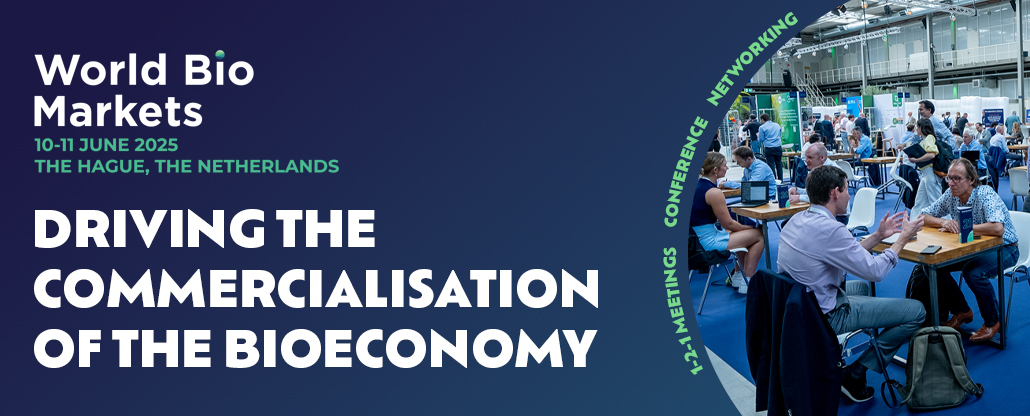SABIC, a Malaysia-based plastics recycling company, in collaboration with HHI, has developed certified circular polymers by using the advanced recycling of recovered mixed and used ocean-bound plastic. The companies claim this is a world first.
HHI’s model to support the production of circular polymers begins by recovering mixed and ocean-bound plastic, which is collected from ocean-feeding waterways and inland areas within a 50 km radius of the ocean. According to the company, this is mainly undertaken by its partners in Malaysia.
During the second phase, using advanced recycling, HHI will convert the plastic into pyrolysis oil; SABIC uses this oil in its production process as an alternative to traditional fossil materials to make new polymers. This aligns with HHI’s goal to convert plastics “into high-quality, manufacturable materials”.
According to HHI and SABIC, the polymers are certified under the Zero Plastic Oceans accreditation. HHI says it is the first organisation to have received the certification, confirming that the recovered plastics were actually ocean-bound.
The new polyolefins will be featured in SABIC’s TRUCIRCLE portfolio, joining other products in the portfolio that are manufactured through mechanical recycling and advanced recycling, with a focus on using bio-based feedstock and designing closed loop recycling initiatives.
Abdullah Al-Otaibi, General Manager of ETP and market solutions at SABIC, stated: “Developing an entirely circular recycling system is a huge but necessary step we need to take together and will require all players across the value chain to collaborate.
“That’s why we’re committed to developing long-term solutions and working with new partners like HHI to significantly upscale the production of more sustainable materials, including those produced using recycled ocean-bound materials, for the benefit of our customers, society and the environment.”
Kian Seah, CEO at HHI, adds: “We believe that we have the ability to work towards a cleaner future that views plastic as a valuable resource to keep within the value chain. We are incredibly proud of what we have achieved so far with SABIC, but also realise that we are early into our journey towards enabling a circular economy, and it is by no means a straightforward one. Our common spirit and passion has helped us overcome significant challenges to make this innovative process a reality and to ensure the reliability of technologies, quality of the end material and viability of the circular consumption model.”
Over the coming months, SABIC expects its customers to announce the first products made using its circular polyolefins.





